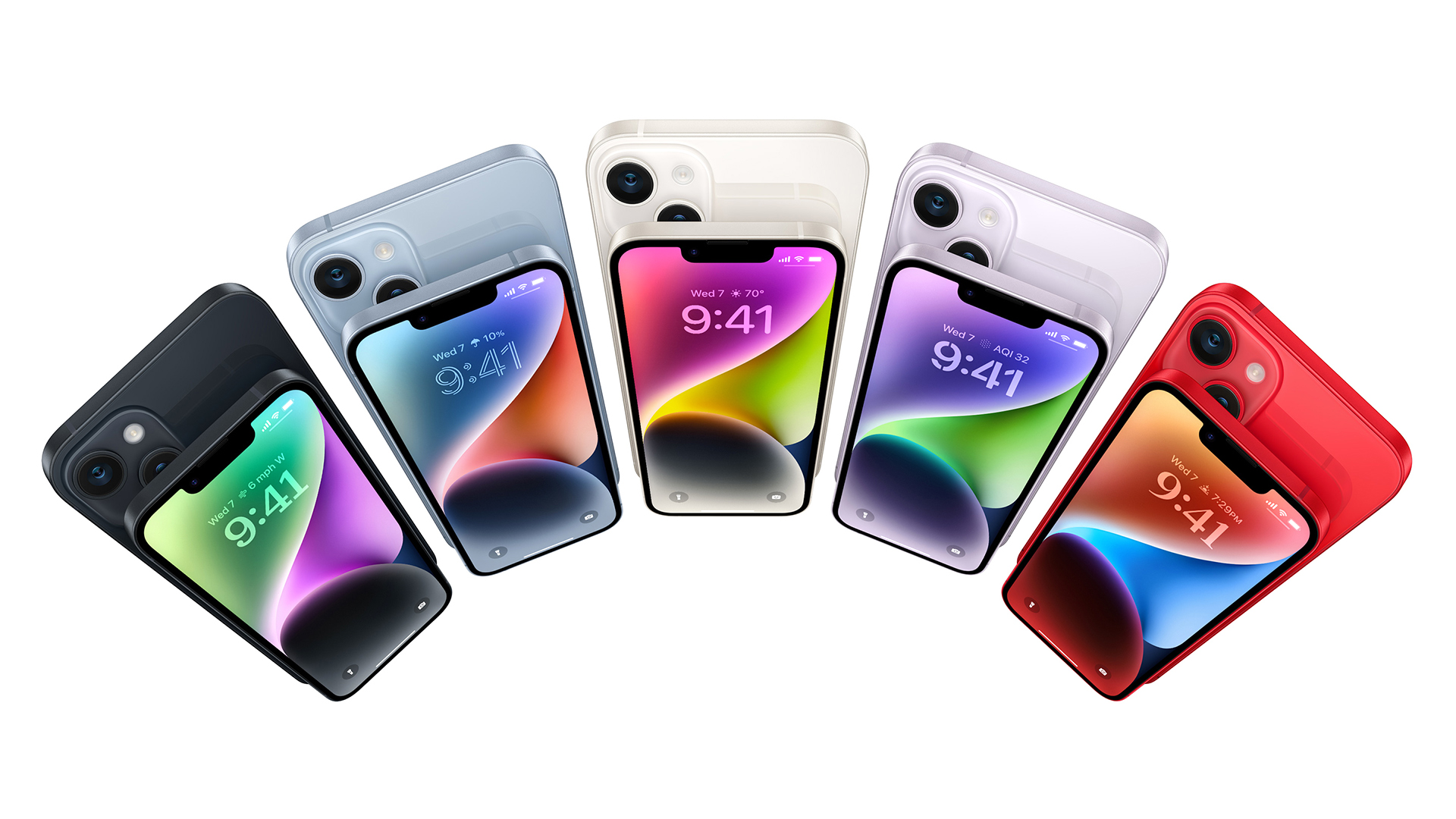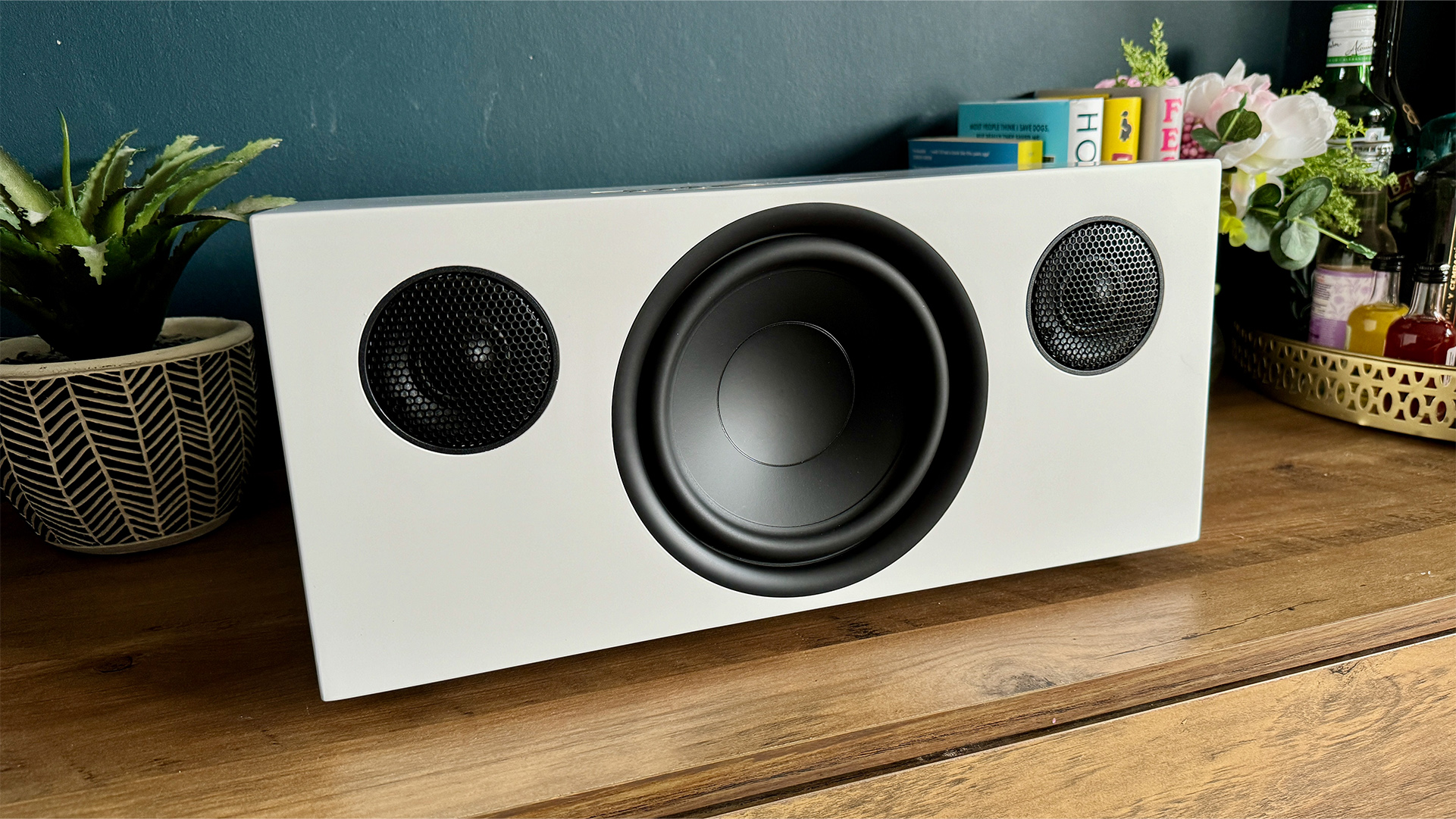Apple confirms iPhones will move to USB-C to comply with new EU law
But the company's marketing boss isn't thrilled about it...

Apple has long been rumoured to be testing iPhones with USB-C. Now, Apple's vice president of worldwide marketing, Greg Joswiak, has confirmed the switch from Lightning to USB-C.
The move comes ahead of the introduction of a new European law that will make USB-C the standard charging port on all smartphones and tablets sold in member states from autumn 2024.
"Obviously, we'll have to comply; we have no choice," Joswiak told the audience at the Wall Street Journal's Tech Live event (via macrumours). "But we think the approach would have been better for our customers, to not have a government be that prescriptive."
Joswiak also hinted that the EU's war on Lightning connectors could lead to more waste: "[Lightning's] been a great connector – and over a billion people have it already! Have the cables... have speakers that work with it. Have the eco-system that works with it...".
In contrast, the EU claims the move to USB-C will make life simpler for consumers, save "up to €250m [£213m] a year on unnecessary charger purchases" and do away with 11,000 tonnes of waste per year.
The new rule will apply to small electronic devices, including mobile phones, tablets, headphones and headsets, handheld games consoles and portable speakers. Laptop manufacturers will have an extra 40 months to implement the change after the law comes into force.
Many of Apple's latest Macbooks and iPads, including the new iPad Pro (2022), already boast USB-C ports. There's also been plenty of talk of the iPhone 15, which is expected to launch in September 2023, switching to USB-C. Some Apple users have even added USB-C to their AirPods case with this unofficial kit.
Get the What Hi-Fi? Newsletter
The latest hi-fi, home cinema and tech news, reviews, buying advice and deals, direct to your inbox.
When asked when consumers could expect to see the first iPhone with USB-C, Joswiak told the WSJ that "the Europeans are the ones dictating timing for european customers." What do you think? Will a move to USB-C-equipped iPhones be a positive one? Let us know in the comments below.
MORE:
If future iPhones switch to USB-C, what will that mean for their sound quality?
Which devices do (and don't) support Apple Music lossless
Our verdict on the best iPhones you can buy
Tom is a journalist, copywriter and content designer based in the UK. He has written articles for T3, ShortList, The Sun, The Mail on Sunday, The Daily Telegraph, Elle Deco, The Sunday Times, Men's Health, Mr Porter, Oracle and many more (including What Hi-Fi?). His specialities include mobile technology, electric vehicles and video streaming.
-
Wonder Well Mr Joswiak is talking for his " own cremerie "Reply
Off course Lithning was a good connect but at the end you always have to replace it ... getting old and so on
I do have Iphone and other brand so why should we possess many charger ?
